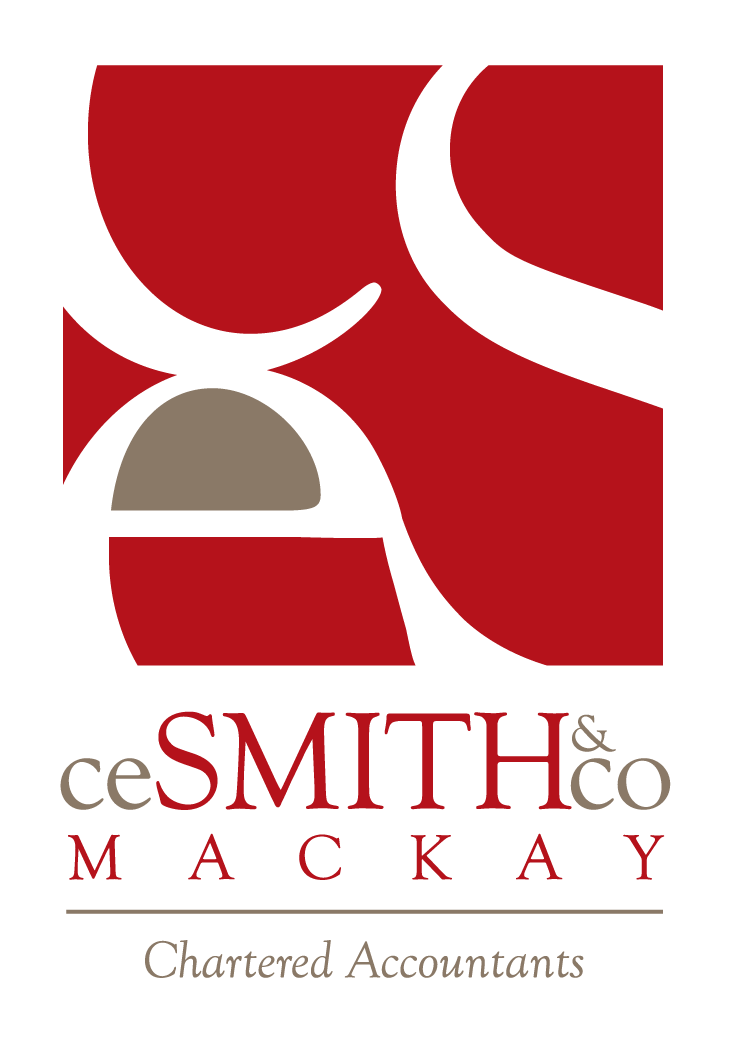SMSF trustees: Operating expenses you can deduct
Operating expenses that are incurred by an SMSF are mostly deductible, however there can be exceptions to the extent that these relate to the gaining of non-assessable income (such as exempt current pension income) or are capital in nature.
The following are examples of the types of operating expenses that are typically deductible for SMSFs under the general deduction rules.
ASIC ANNUAL FEE
ASIC charges an annual fee to special purpose companies, whose sole purpose is to act as a trustee of a regulated superannuation fund. While about half of SMSFs operate under an individual trustee structure, many choose to use a corporate trustee arrangement.
Corporate trustees pay an initial ASIC registration fee but are also required to pay an annual fee. The ASIC annual fee is payable where an SMSF has a corporate trustee and, as such, this expense is deductible.
MANAGEMENT AND ADMINISTRATION FEES
These are costs associated with the daily running of the fund such as preparing trustees’ minutes, stationery and postage fees. Such costs must be apportioned if the fund earns both assessable and non-assessable income. No apportionment is necessary for costs that are wholly incurred in collecting and processing contributions (for example, costs associated with obtaining an electronic service address [alias] to meet data standards requirements). An SMSF may incur other more specific management and administrative costs in running the fund, and it can pay to keep evidence.
AUDIT FEES
An SMSF is required by the super laws to ensure that an approved SMSF auditor is appointed to give the trustee(s) a report of the operations of the entity for each year of income. Audit expenditure that relates to meeting obligations under super laws is deductible but must be apportioned if the SMSF gains or produces both assessable and non-assessable income.
However any administrative penalties that can be levied on a trustee under the super laws are not deductible to the fund as they are incurred by the trustee of the fund (or director of the corporate trustee) and must not be paid or reimbursed from the assets of the SMSF.

